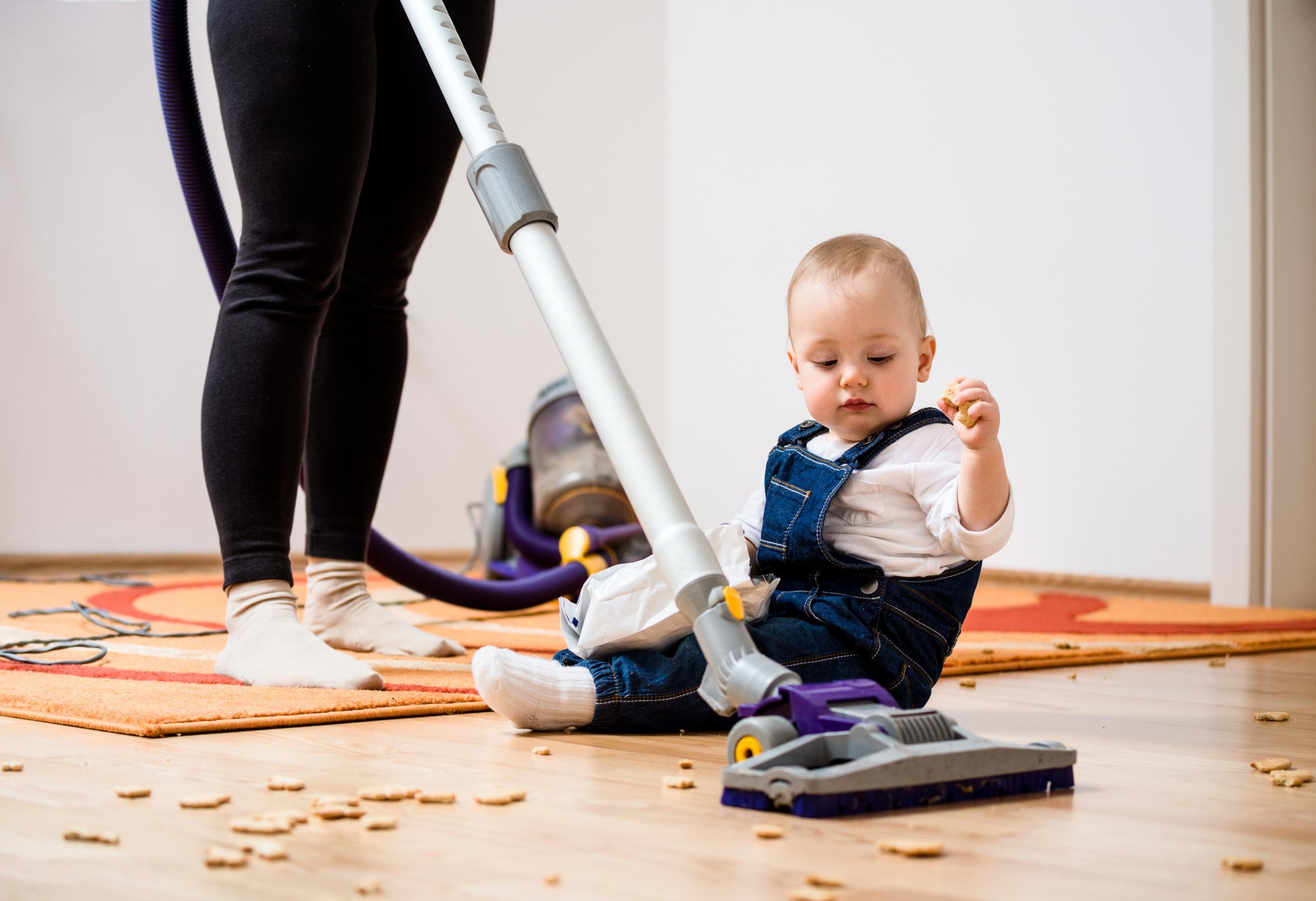Asking children to be 'little helpers' makes them less likely to help, study finds
The study found using action verbs to request help from children made them more resilient

Your support helps us to tell the story
From reproductive rights to climate change to Big Tech, The Independent is on the ground when the story is developing. Whether it's investigating the financials of Elon Musk's pro-Trump PAC or producing our latest documentary, 'The A Word', which shines a light on the American women fighting for reproductive rights, we know how important it is to parse out the facts from the messaging.
At such a critical moment in US history, we need reporters on the ground. Your donation allows us to keep sending journalists to speak to both sides of the story.
The Independent is trusted by Americans across the entire political spectrum. And unlike many other quality news outlets, we choose not to lock Americans out of our reporting and analysis with paywalls. We believe quality journalism should be available to everyone, paid for by those who can afford it.
Your support makes all the difference.Being called “mummy’s little helper” may do a child more harm than good, according to a new study.
Although the endearment may seem positive, psychologists found the term actually makes children less likely to stick to a task they find difficult.
The new study, published in the journal Child Development, found that asking children “to help” is much more effective - as it encourages them to continue working even after they encounter a setback.
The difference has to do with the types of words, according to the researchers, with verbs to talk about actions leading to more resilience - whereas noun words such as “helpers,” “readers” or “artists” were found to not have the same effect.
Of the findings, senior author Professor Marjorie Rhodes, of New York University, said: "The new research shows how subtle features of language can shape child behaviour in ways not previously understood.
"In particular, using verbs to talk to children about behaviour - such as 'you can help' - can lead to more determination following setbacks than using nouns to talk about identities - for instance, 'you can be a helper'."
The study contradicts an earlier study published in 2014 which suggested asking children to “be helpers” led them to help more.
The difference between the studies is the focus on setbacks - and what happens after a child experiences one.
In the new study, researchers found that asking children to “be helpers” backfires once something goes wrong with the task they were assigned.
To study the differences that language choice has on children’s perseverance, the researchers designed experiments in which participants aged four to five were asked to be “helpers” or “to help.”
In each situation, the children encountered a problem such as a box falling over and spilling its contents on the floor after they’d already cleaned it up - real-life situations that they are likely to experience, according to Professor Rhodes.
The findings showed that children who were asked “to help” were much more resilient after a setback compared to “helpers.”

Following the setbacks, children asked “to help” were just as likely to help in challenging situations that benefited only the experimenter as in easy situations that only benefited themselves.
In comparison, children who were asked “to be helpers” rarely helped in challenging situations after a setback and only did so when it was easy and benefited themselves.
In conclusion, doctoral student Emily Foster-Hanson, who led the study, said: “This research shows how talking to children about actions they can take - in this case, that they can do helpful things - can encourage more persistence following setbacks than talking to children about identities that they can take on.”
Join our commenting forum
Join thought-provoking conversations, follow other Independent readers and see their replies
Comments